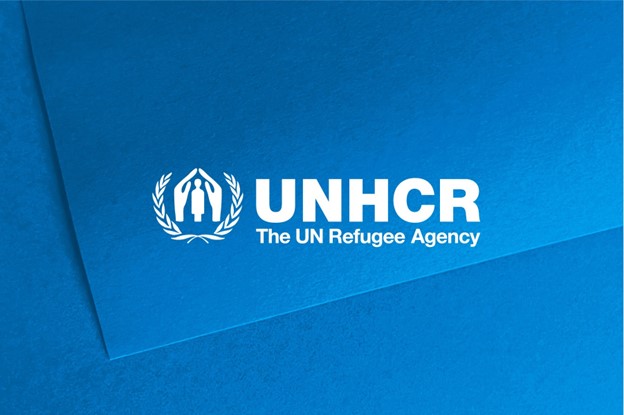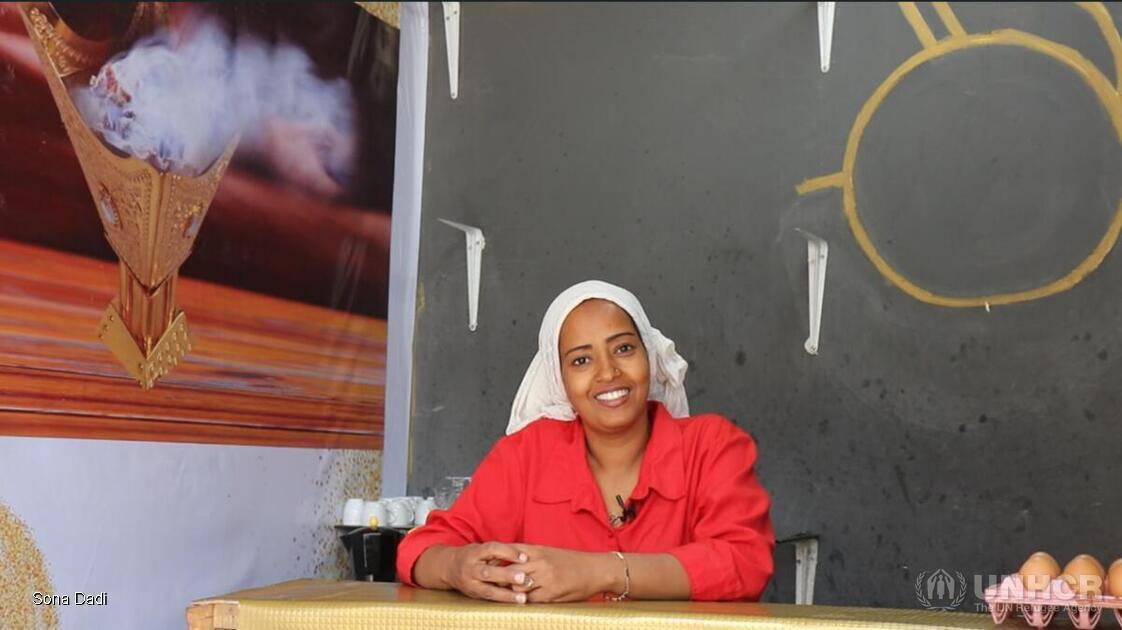UNHCR Statement on Human Rights Watch Report on Eritrean Refugees Targeted in Tigray
UNHCR Statement on Human Rights Watch Report on Eritrean Refugees Targeted in Tigray

NAIROBI, Kenya – UNHCR, the UN Refugee Agency, reiterates its urgent call for investigations following the release of the Human Rights Watch report today, which provides additional and detailed information on the appalling abuses and enormous suffering of Eritrean refugees and other civilians since the start of the conflict.
We are deeply disturbed and saddened by the testimonies of refugees, including women and children, indicating immense suffering faced during a time when they were extremely vulnerable and fearful for their lives.
We continue to call on all responsible authorities including the Tigray Regional Authorities and the Federal Government to launch formal investigations into all credible allegations received to date. We welcome the joint investigation by the UN High Commissioner for Human Rights and the Ethiopian Human Rights Commission into human rights violations and abuses in the Tigray region.
UNHCR could not access the northern Tigray camps of Hitsats and Shimelba from November 2020 until March 2021, when we found both camps completely destroyed, deserted of refugees, and all facilities looted and vandalized. Some 7,600 refugees, about 38 per cent, of those known to be residing in the camps remain unaccounted for.
“I am extremely concerned about the safety and well-being of the thousands of refugees that we are still unable to reach,” said Clementine Nkweta-Salami, UNHCR’s Regional Bureau Director for the East, Horn of Africa and Great Lakes. “For months, our teams on the ground have been working with Ethiopian authorities to locate and provide support to Eritrean refugees who were previously sheltered at the two camps and will continue to do so.”
Nearly a year into the conflict, the humanitarian situation in Tigray, and neighbouring regions of Ethiopia is deteriorating, putting civilians, including refugees and internally displaced persons, at grave risk.
We are equally worried about the current situation of over 20,000 Eritrean refugees living in Mai Aini and Adi Harush camp in southern Tigray. Access to both camps has improved only slightly since the escalation of hostilities in the area in July and conditions remain dire. In addition to dramatic shortages of food and clean drinking water, basic services such as healthcare are largely unavailable.
UNHCR is doing its utmost to protect and assist Eritrean refugees and displaced Ethiopians in the Tigray region and beyond. While providing immediate support, our priority is the urgent relocation of refugees out of harm's way. We continue to call for a cessation of hostilities to be able to do so. UNHCR implores all parties and actors to respect their international obligations and stop the violence against and intimidation of Eritrean refugees now.
ENDS








